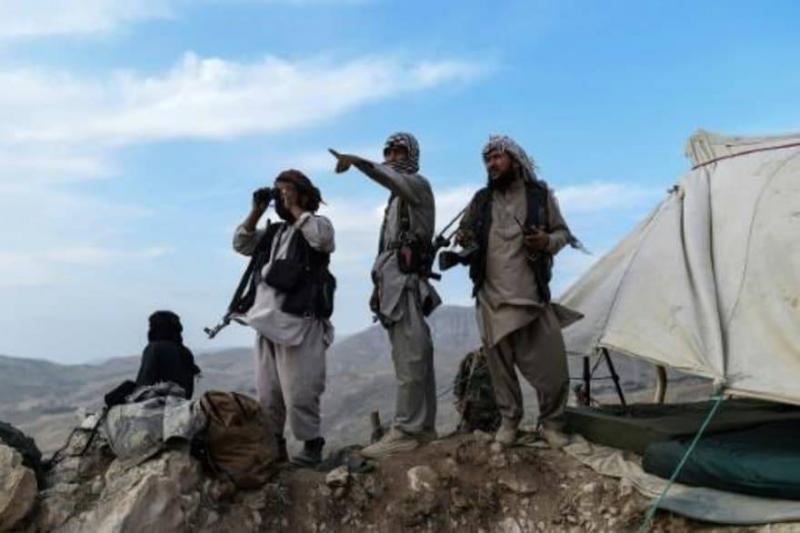The United States, racing against time before its complete withdrawal from Afghanistan to evacuate Afghans who worked with its forces, has opened its doors to thousands more who face the threat of retaliation from the Taliban, despite the difficulties involved.
The U.S. State Department announced on Monday that "in light of the rising levels of violence perpetrated by the Taliban, the U.S. government is working to provide an opportunity for certain Afghans, including those who worked with the United States, to resettle as refugees in the United States."
It noted that "this designation expands opportunities for the permanent resettlement of thousands of Afghans and their immediate family members who may be at risk due to their association with the United States, but who are not eligible for special immigrant visas" typically granted to translators and others who assisted U.S. forces.
President Joe Biden set August 31 as the deadline for the complete withdrawal of U.S. troops, ahead of the 20th anniversary of the September 11 attacks that prompted the deployment of those forces to Afghanistan. However, the Taliban capitalized on the commencement of the U.S. withdrawal, launching a widespread offensive in several provinces starting in May and rapidly advancing at the expense of Afghan forces, raising fears of potential retaliatory actions against Afghans who aided U.S. forces.
U.S. Secretary of State Antony Blinken told the press, "We have a responsibility to them. They stood by us, and we will stand by them," acknowledging that "the fear of persecution and retaliation" would grow with the departure of international troops.
The U.S. State Department has already begun issuing special visas to these individuals. A first group of two hundred people arrived in the United States on Friday, out of a total of 2,500 who have completed all the necessary stages to receive their visas and are awaiting their turn in the coming weeks.
Those whose applications are still pending are slated to be moved to U.S. bases abroad, awaiting their entry visas. According to the White House, nearly twenty thousand Afghans who worked for the U.S. military have requested to be welcomed in the United States, although estimates suggest the number could rise to a hundred thousand when including their family members. Not all of them qualify for special immigrant visas.
Afghans who worked for NGOs or U.S. media will also not be safe unless they obtain these visas. The Biden administration faces pressure from both Republican and Democratic members of Congress to do more, leading to discussions about allowing them to benefit from one of the refugee admission programs in the United States.
However, this process is complicated and lengthy, as applicants for refugee status must receive a recommendation from their current or former employer. Unlike special visa applicants, Washington has no plans to evacuate these future refugees, who will need to leave Afghanistan on their own. Once they reach a third country, their cases will begin to be reviewed in a process that takes 12 to 14 months.
Regarding these individuals compelled to leave everything behind, Blinken stated, "It is very difficult." Additionally, there are millions of other Afghans who may be at risk if the Taliban comes to power, but they will not be affected by the announcements made by Washington. The Secretary of State mentioned "women and girls" who "feel threatened and fearful for their futures." However, when asked about their fate, he could only encourage them to seek exile and then apply for asylum in the U.S. using the traditional and uncertain route.




